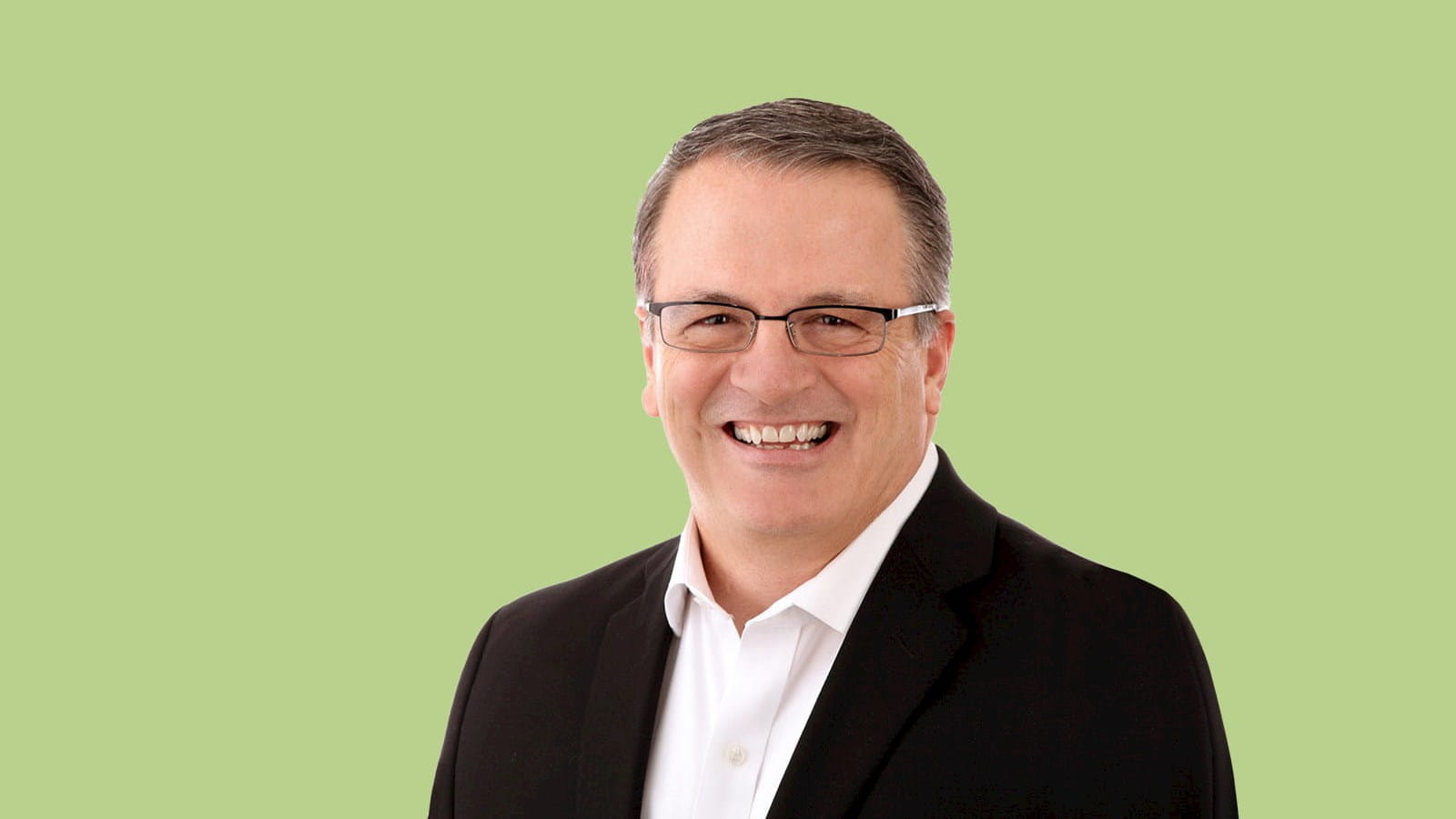As chartered accountants increasingly help colleagues or clients navigate a complex world of data and information, they must to learn to become better communicators, argues Peter Margaritis, author of ‘The Accidental Accountant’.
When Peter Margaritis stands up in front of a class of accountants, the first question he likes to ask them is, ‘How many of you speak a foreign language?’. And after some have proudly listed their accomplishments, he tells them that they all do: “You speak the language of accounting.”
Margaritis is a non-practicing US Certified Public Accountant whose book ‘The Accidental Accountant’ on communicating financial information is used in a number of undergraduate courses in the US.
He argues that accountants have essentially spent hundreds of hours learning a foreign language, and just because they say ‘depreciation’ louder than others, it doesn’t mean that the sales department will understand what they mean.
“It just blows my mind that accountants don’t see this,” he says. “Whether it’s in a public company or accounting firm, the ‘customer’, being the sales department, human resources, or the client will sit in front of the accountant, and they’ll get the ‘in the headlights’ look, and be afraid to ask any questions, as they don’t want to look stupid. They’ll nod their head, walk out of the office, speak to a friend and say ‘I had no idea what that person was saying’.”
As the world changes, and as accountants help colleagues or clients navigate a larger world of information, Margaritis says it’s imperative “that we as accountants become better communicators, using plain speak”. Accountants must learn how to tell a story. “It takes a transaction to move a number, people move numbers,” he explains. “Some type of human transaction has occurred, and when things don’t look right, and the numbers are out of line, you’ve got to go find that story. Get out from behind your desk and go find out what the real reason is.”
But it’s also important to communicate clearly to help non-accountants understand the role of accountants, how they verify information and how and why it can be relied on. “Most non-accountants don’t realise that we don’t audit every single transaction to its nano penny, that we sample [instead]. There’s risk in those numbers, and I think that when the non-accountant sees a balance sheet or an income statement, they think ‘These are exact’. No, they’re not. And there are so many assumptions behind these numbers. There’s a lot of estimates. It’s not black and white; there’s a lot of grey in there.”
And it’s crucial, he says, to be able to explain why it’s ‘grey’ but how it can still be relied on to underpin decisions, and how decisions should change as the underlying assumptions do. If and when accountants take on wider ranging roles, being able to provide these more nuanced explanations will be even more important.
How to get better at translation
Once accountants realise they speak a foreign language, says Margaritis, the trick is to learn how to translate it. “There’s a stereotype about accountants but many of them are introverted, very analytical, logical, linear,” he says. “Our brains don’t make decisions solely based on data. A data dump is nice, we can see it but it doesn’t drive decision-making. Emotions drive decision-making, and that comes out of the limbic part of our brain. We have to switch the way we speak.”
And it’s not just the changing role of accountants that will require this understanding of storytelling, technological progress also makes it imperative. Margaritis urges chartered accountants to start preparing now. “We have to become better storytellers, better communicators. translators. Oh, and by the way, this takes a lot of work. This doesn’t happen overnight. But if you want to be relevant in the future – the future being tomorrow and five, 10, 15 years out, when artificial intelligence and bots are doing all the number crunching – you have to be able to tell the story and have that story create an action.”
Margaritis also agrees with many others we spoke to for this content series that it’s now clear accountants will have to become comfortable working with lots of non-financial data, which will also require explaining the human motivations represented by the numbers. “We’re going to have to be able to communicate that companies are reducing their carbon footprint.” He also offers the example of fraud accounting, which he says will continue to grow, such as tracing money spent on blood diamonds.
He urges all accountants to read around their topic, to read the business and economic press, to understand what changes are coming, how it will affect them and how it will affect their colleagues and clients. And finally he asks them to think about the bigger picture. “There’s a greater good out there, and that greater good is to leave the profession better off than when it was given to you.
“You hold this privilege for a short amount of time. Don’t muck it up; leave it in a better state than what you found it in.”
- How to make capitalism work for today’s world
- What it’s like being a climate activist in Uganda
- Adair Turner: The mistakes we’ve made on climate, and where to focus now
- Michael Izza on members’ core role in tackling the climate crisis
- Climate risk is an “inescapable” part of chartered accountants’ remit

